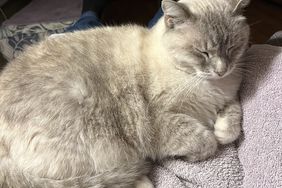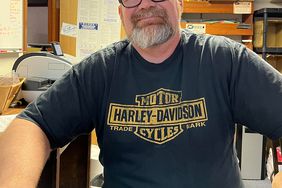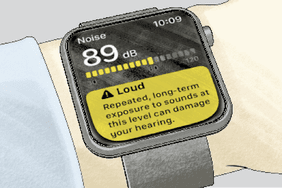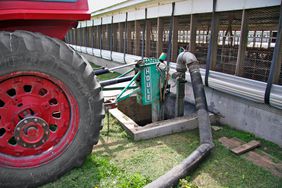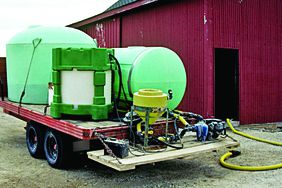:max_bytes(150000):strip_icc()/103309817-2000-b412280d98ed47198c1ed35b8eaeb233.jpg)
Seeking help for mental illness has always had a stigma associated with it, especially in small towns and rural areas where everyone knows everyone else's business. Those who could benefit from therapy or other treatment may be reluctant to obtain it if others might find out.
While there has been much effort made in the media to destigmatize mental health issues and their treatment, more than 40% of Iowa farmers polled in a recent survey said they would be reluctant to seek help and would perceive themselves as weak if they thought they had a mental illness.
Bank Iowa recently released the results of its 2021 Mental Health Outlook Survey, which questioned more than 3,000 Iowans, 461 of whom were farmers. Questions were developed in collaboration with the non-profit, non-partisan Healthiest State Initiative and its "Make it OK" campaign.
While the mental health questions in the survey were optional, around 90 percent of the farmers responded. Key findings include:
- 42% of farmer respondents either strongly agreed or agreed with the statement: "If I thought I had a mental illness, I would be reluctant to seek help."
- 44% of farmer respondents either strongly agreed or agreed with the statement: "If I thought I had a mental illness, I would see myself as weak."
- 49% of farmer respondents either strongly agreed or agreed with the statement: "There are negative impressions, stereotypes or stigma about mental health in my community."
- 77% of farmer respondents answered yes to the question: "Have you or a loved one ever struggled with a mental illness?"
According to a press release, Bank Iowa team members began seeing an increasing number of clients who appeared to be struggling with mental health in 2020. Farmers, especially, were confiding in Bank Iowa lenders and other frontline staff about feelings of despair.
"Lenders were sharing more stories of clients who were feeling depressed and hopeless, sometimes openly crying in our offices," says Jim Plagge, Bank Iowa president and CEO. "We wanted to see if we could get some data to support our hunch that Iowa's farmers needed help. As the results of the survey indicate, mental health stigma is real, and the challenges facing our ag community persist."
Plagge says Bank Iowa will be registering as a Make it OK Workplace and encouraging staff to join the Make it OK Ambassador program. Ambassadors receive training to promote mental health awareness and navigate conversations about mental health in a positive way.
Learn more about the program at iowahealthieststate.com.
